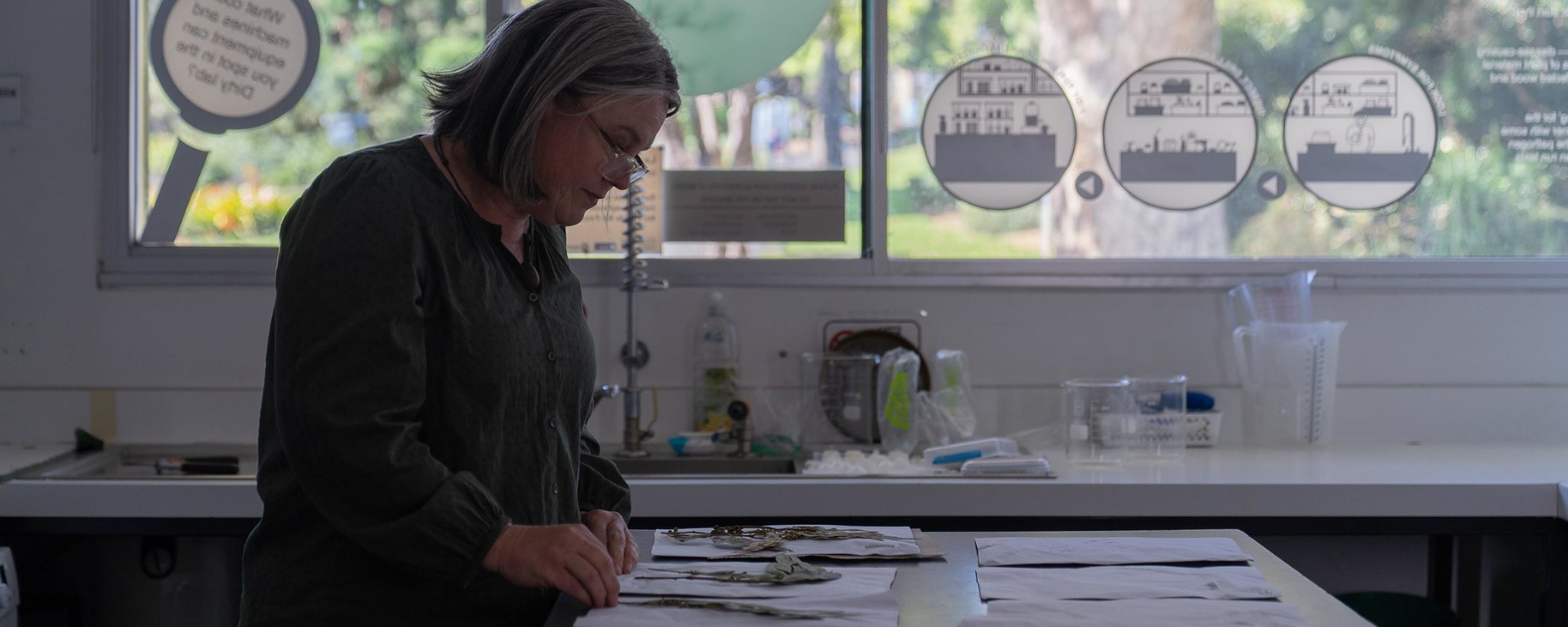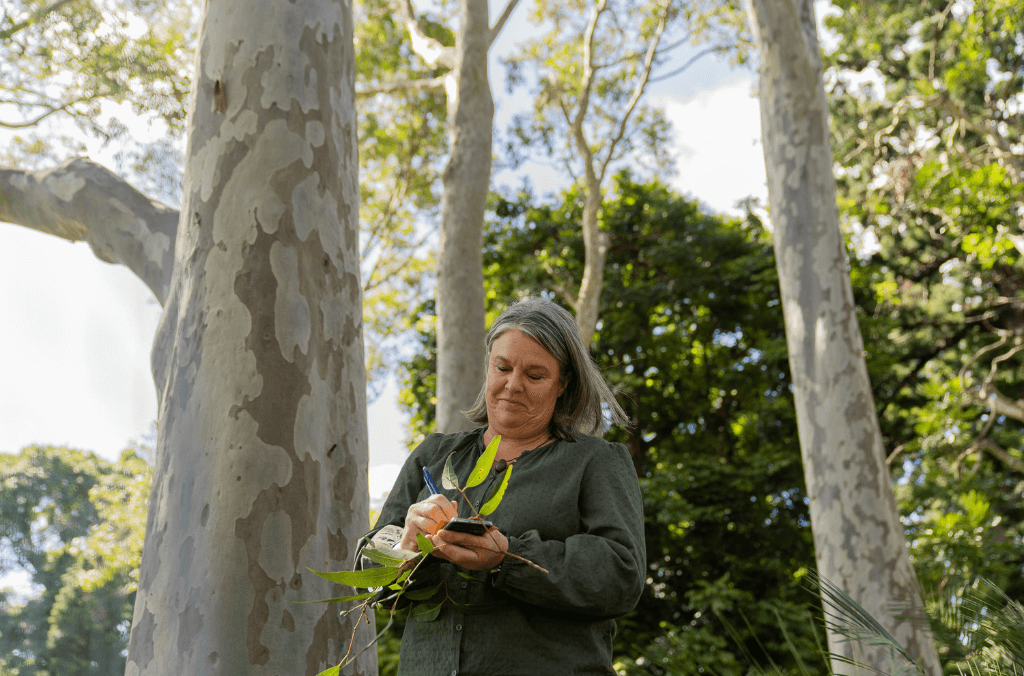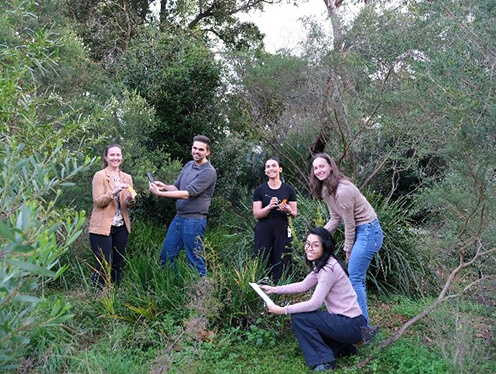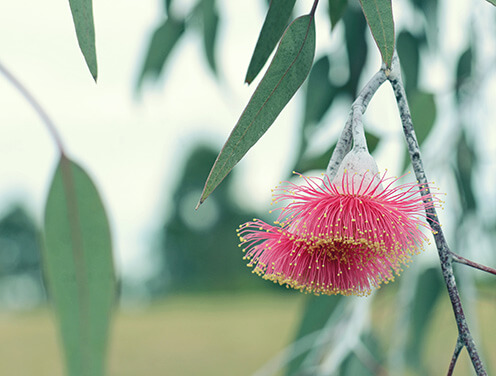Tricia Hogbin
Restoration Genomics Outreach Coordinator

Tricia possesses a unique blend of scientific knowledge and practical application.
Tricia Hogbin is the Restoration Genomics Outreach Coordinator at the Royal Botanic Garden Sydney.
She has a PhD in evolutionary ecology, a research background in threatened flora ecology and conservation genetics, as well as experience coordinating recovery projects, and serves as President of a local Landcare group.
Tricia's main focus is to ensure that restoration practitioners are aware of the innovative and relevant research being undertaken by the Research Centre for Ecosystem Resilience and that they understand how genomic information can guide their work. By raising awareness and facilitating collaborations, Tricia emphasises the importance of genetic diversity in restoration projects; those that don’t adequately consider it when sourcing material may exhibit low or no recruitment and may be unable to adapt to change. Through her work and studies, she is able to demonstrate to on-ground practitioners that sourcing material that is genetically diverse and of appropriate provenance is not only crucial to avoid wasting time and money, but for long-term resilience and adaptability in restoration plantings.
A typical day for Tricia involves liaising with restoration stakeholders and writing user-friendly articles to bridge the gap between scientists and practitioners. She establishes collaborations with organisations like Landcare groups and local governments to showcase the application of the Restore and Renew web tools, which help restoration practitioners source genetically diverse, adaptable and climate-ready seed for their projects. Conversely, an important part of her role is to ensure she understands the needs of restoration practitioners.
Tricia feels privileged to be part of the Research Centre for Ecosystem Resilience team, helping to share the valuable outcomes from the team’s research. More than 20 years ago her PhD research investigated the role of genetics in the conservation of threatened flora, and facilitating the application of genomics to nature conservation is a task that still excites her.
Since those early days, conservation genomics has proven its value and is now accepted as a valuable tool in threatened flora conservation. Genomics is equally valuable for ecological restoration, but its value is not yet widely recognised among ecological restoration practitioners – a situation Tricia continues to work hard to change.

As Restoration Genomics Outreach Coordinator, Tricia raises awareness of the value of genomic information to ecological restoration and facilitates collaborative projects with on-ground practitioners.
Stories from Tricia
A molecular tool could change the future of broad-leaved paperbark, allowing scientists to identify myrtle rust–resistant trees and restore threatened landscapes more effectively.

Making the finalists in this year’s Eureka Prizes, a project led by Botanic Gardens of Sydney scientists is using DNA from tens of thousands of plants to ensure the survival of more than 120 Australian plant species.

Learn about the restore and Renew webtool, helping NSW restoration practitioners consider genetic information and climate change and ensuring the long-term success of eucalypt restoration projects.